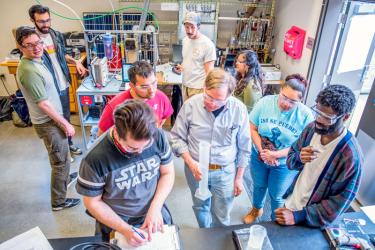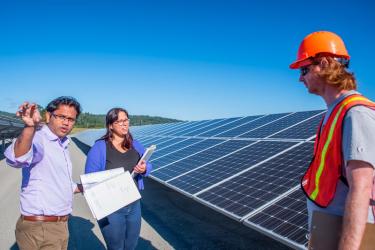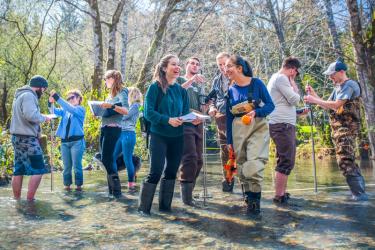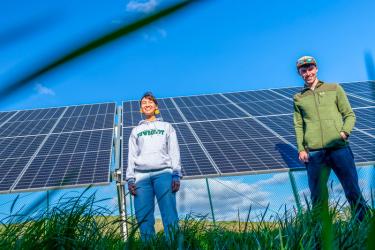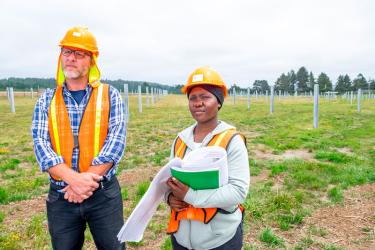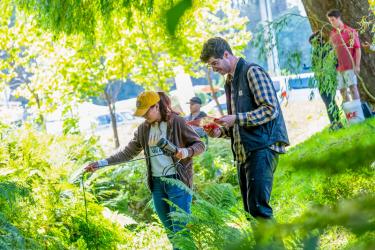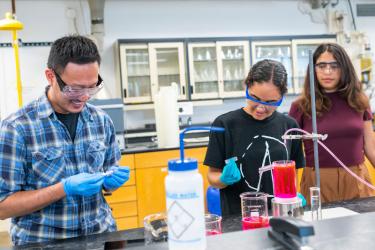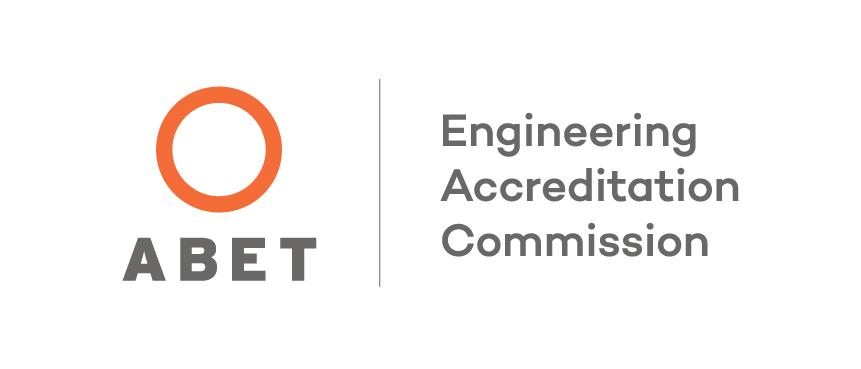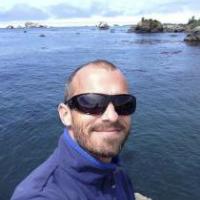
Job Description
As a Wastewater Engineer and Project Manager, my job entails reviewing RFPs, writing proposals, managing clients to establish scopes of work and maintain project delivery, creating and managing project budgets, preliminary engineering studies, overseeing CEQA/NEPA special studies and regulatory agency consultation, NPDES discharge permit consulting, water and wastewater process design, construction plans and specifications preparation, CWSRF/DWSRF and USDA-RD grant funding application assistance, stormwater and industrial process water treatment process design, onsite wastwater treatmet system design, HEC-RAS modeling for fish passage and stream restoration, HydroCAD modeling for stormwater runoff analysis, attending Community Service District Board of Directors meetings, and I make coffee.

